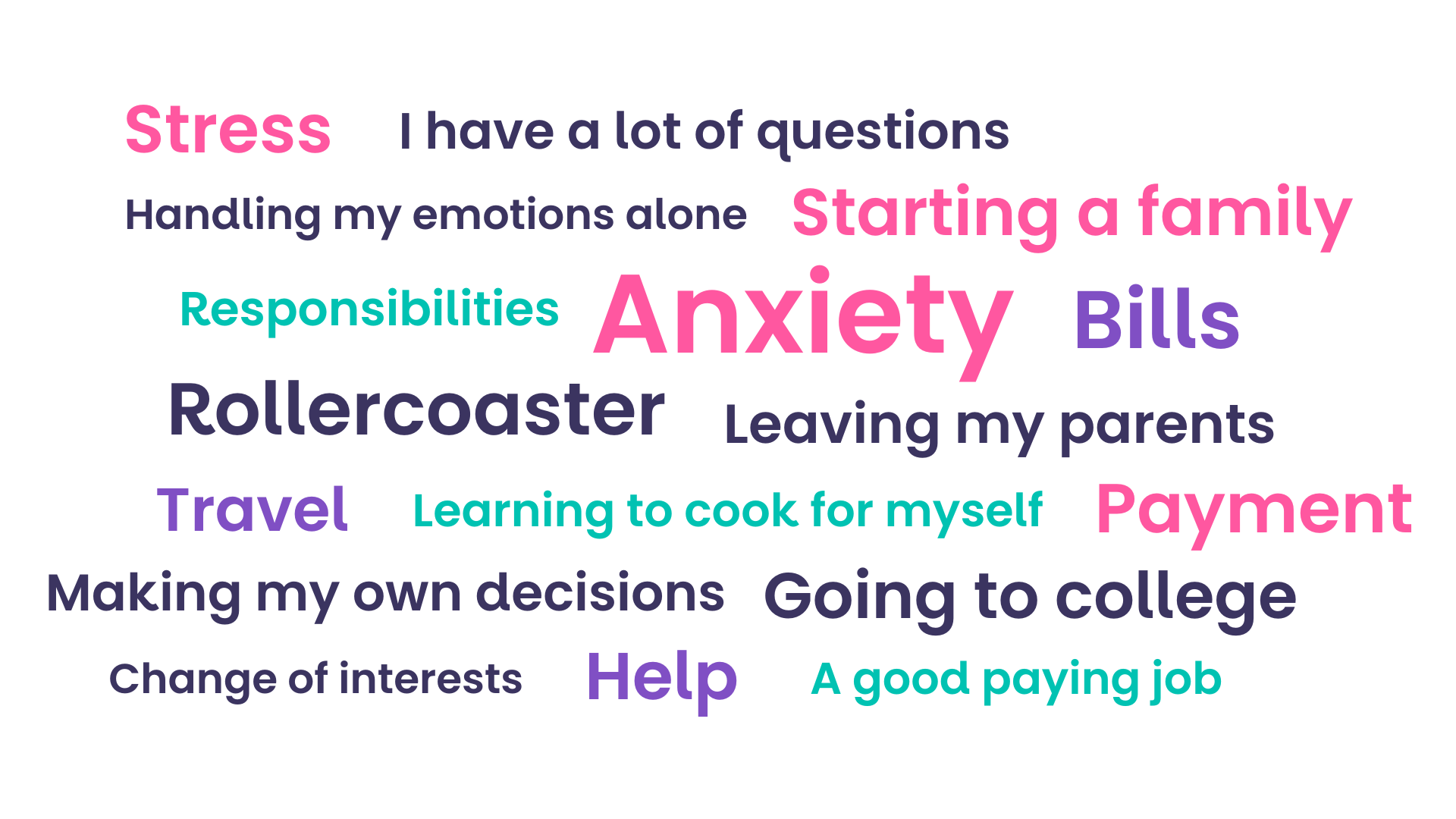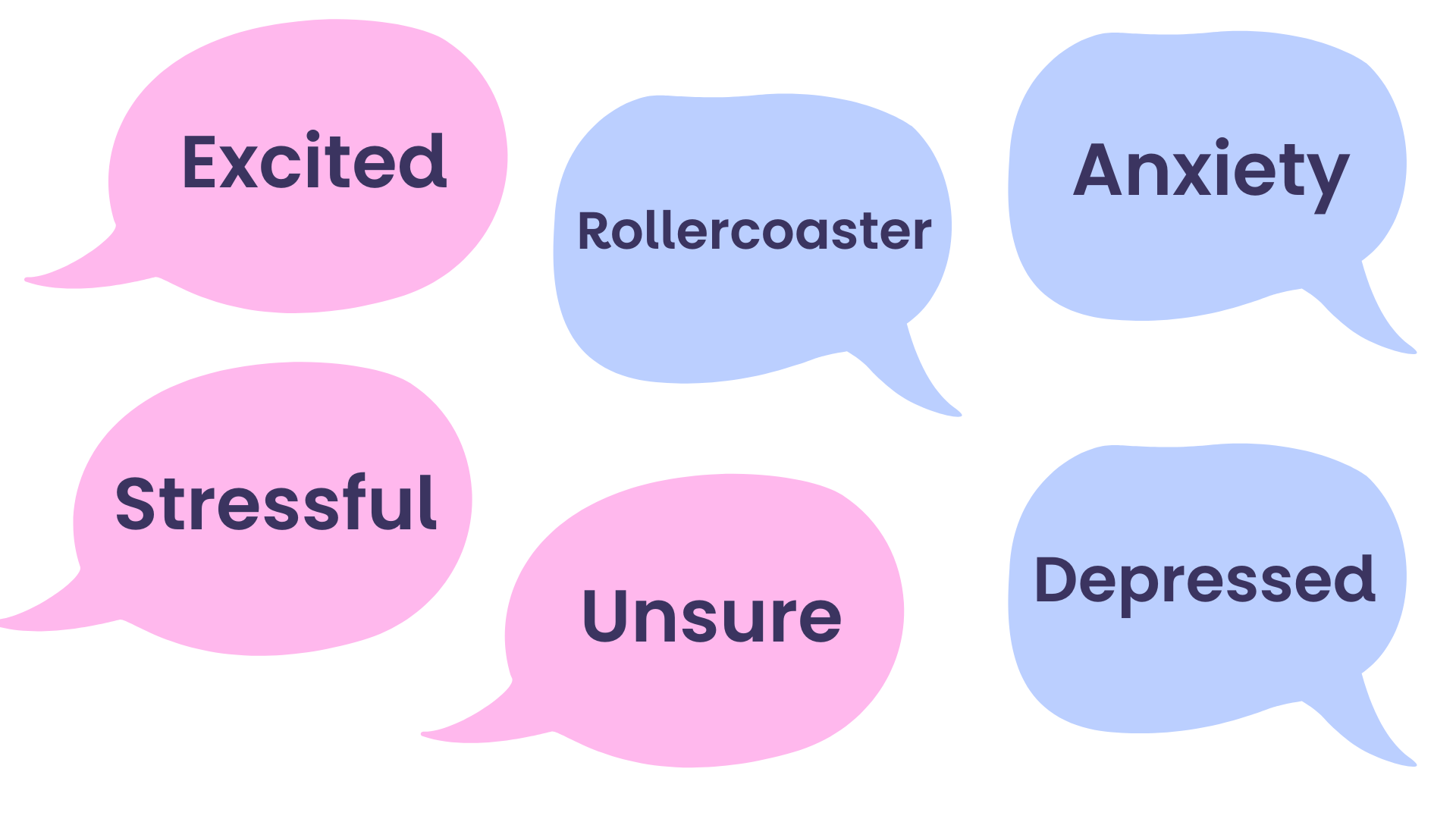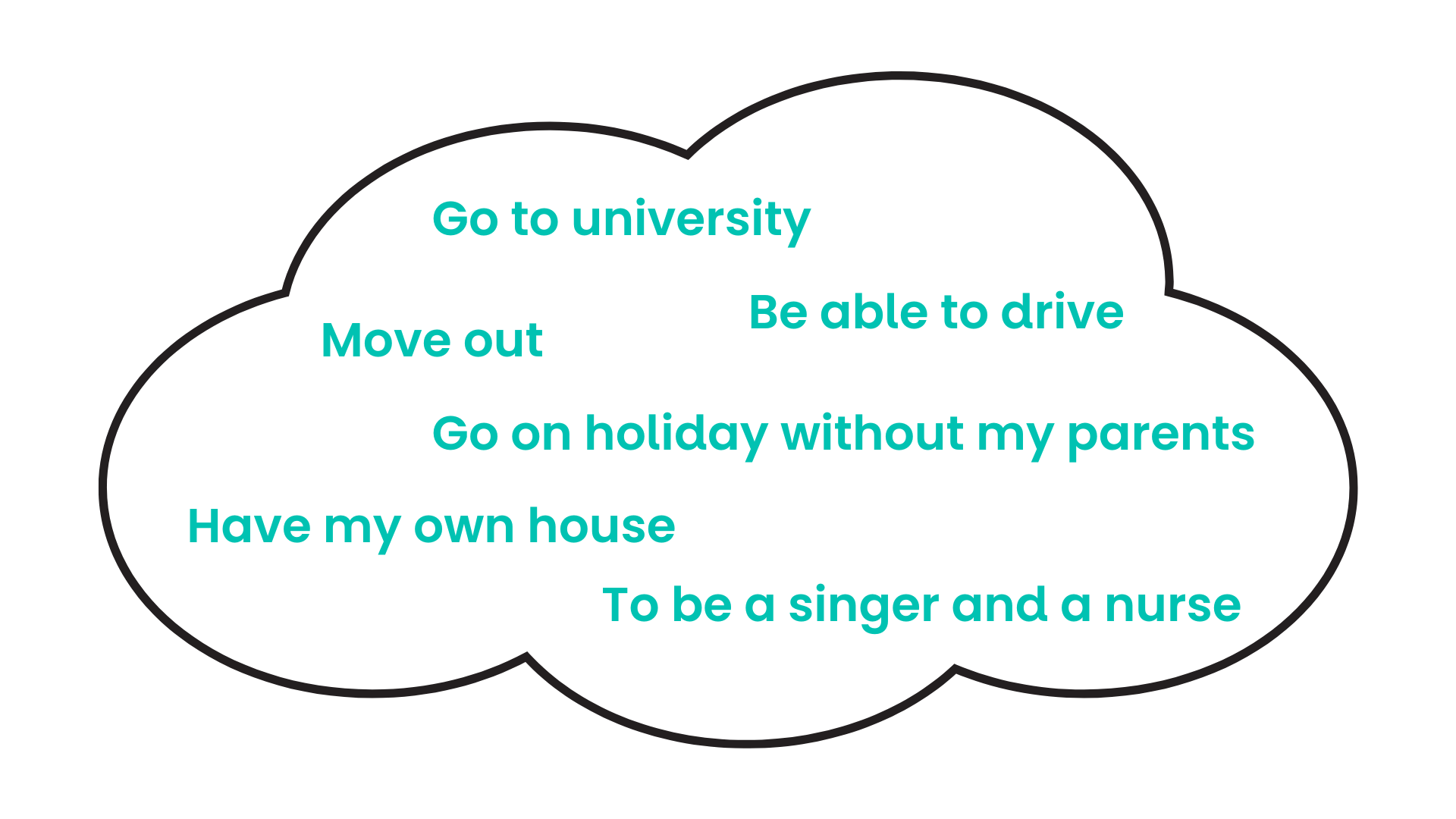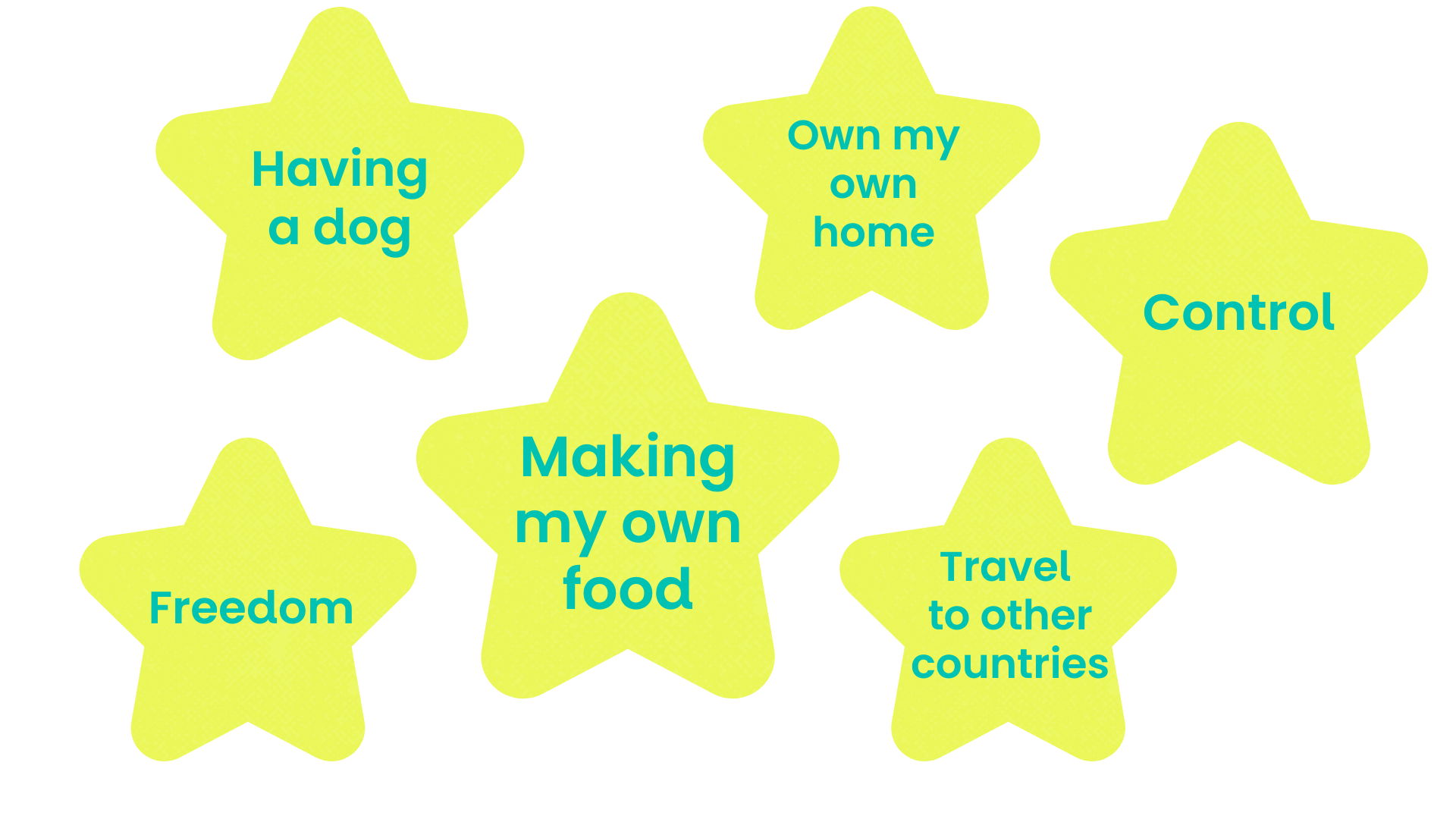Information & advice
Preparing for Adulthood: What Young People with SEND Told Us
As a young person reaches the end of their final year at secondary school, it’s a time full of possibility – whether they’re heading to a new school, college, or starting their first job. Stepping into adulthood brings exciting opportunities to explore independence, learn new skills, and shape the future.
For young people with special educational needs and disabilities (SEND), this transition can come with extra challenges – but with the right support, it can also be a time to thrive.
At Kids, we know how important it is to listen to the voices of the young people we support. Whether you’re a parent helping your child prepare for adulthood, or a young person thinking about your own future, hearing directly from other young people can be powerful.
We asked members of our Youth Voice Participation Groups a few questions about their experiences of preparing for adulthood. Here’s what they shared.
What does adulthood mean to you?
We asked young people to describe adulthood in just a few words. Their responses reflect a mix of growing independence and the challenges that can come with it.

How does preparing for adulthood make you feel?
Preparing for adulthood may bring both anticipation and overwhelm. Young people told us they feel, excited, depressed, anxious, stressed and unsure.

Do you have any worries?
Young people shared their honest reflections on what worries them about transitioning to an adult.
“That I’ll live with my Mum forever”
“Not being able to afford essentials and housing”
“That I’ll always be reliant on other people”
“That I won’t pass college”
“Living alone”
“That my disabilities will affect my ability to do the things that I love”
What are your hopes?
Here’s what young people told us about their hopes for the future as they take their first steps into adulthood:
“Go to Billund in Denmark to visit the Lego house”
“I will hopefully learn animation and digital art and with luck a successful career”
“Have a job that I enjoy rather than just draining me”
“Not have to worry about money and have some disposable income”

What are you looking forward to as an adult?
Young people said they were looking forward to having a dog, making their own food, travelling to other countries and having their own family and home.

What would help you feel more prepared?
From all of our conversations with young people, four themes stood out when talking about preparing for adulthood:
Health and Wellbeing
Young people want practical support to manage their physical and mental health – from booking their own appointments to understanding sleep, stress, and emotions. Many told us they’re unsure who to contact in different situations: 111, 999, A&E, minor injuries, or the local pharmacy. They also asked for help learning how to talk about their feelings, build confidence, and know where to turn for support.
Not many people enjoy going to the dentist, but looking after your teeth is important. On our Young People’s Hub, we have a great video about visiting the dentist where Carly finds out how dentists can support young people with SEND and what to expect at an appointment.
Employment
Many young people are eager to work, but the current system doesn’t reflect their needs. They asked for more accessible application processes, better interview support, and clearer pathways into creative careers. Many young people said they’re unsure about what’s expected in a job, and would benefit from learning basic skills, gaining experience, and practising interviews in realistic settings.
“The way it is in school is very different to the real-life scenario.”
– Young person with SEND
On our Young People’s Hub, you can watch a video about finding employment with SEND. Hear from Megan, a former pupil, who shares her experience of getting into work and what helped her along the way.
Friendships, Relationships and Community
Young people told us that relationships are important to them, but feel unsure about how to manage friendships or understand emotional connections. They want support to build confidence in social situations, learn how to navigate trust, and understand their rights and how to advocate for themselves.
Independent Living
From learning to cook safely to understanding household tasks, budgeting, and personal safety, young people want real-life skills. Many said they feel unprepared for tasks like booking holidays, managing living costs, or navigating life with housemates.
“I’d like to look at houses and find out where would be suitable to live. I want to learn about how to buy or rent accommodation.”
– Young person with SEND
Traveling on public transport is also a big part of independent living, but if you’ve never done it before, it can feel a bit scary. On our Young People’s Hub, you can watch Charlie’s journey by train and bus to explore what support is available to young people with SEND when travelling. It’s a great place to start if you’re building confidence with getting around on your own.
Join the Young People’s Hub community
If you’re a young person with SEND aged 13–25, the Young People’s Hub is your space for everyday life tips, creative activities, and loads of friendship and fun.
Join the community – sign up to our newsletter and stay connected!
Youth voice participation groups
Our Youth Voice Participation Groups give young people with SEND aged 13-25 the chance to share their experiences, shape decisions that affect them, and build friendships with others who truly understand.
These groups meet regularly in three locations across the country, building a strong, supportive network where every voice matters.
If you or someone you know would like to get involved, click below to learn more.